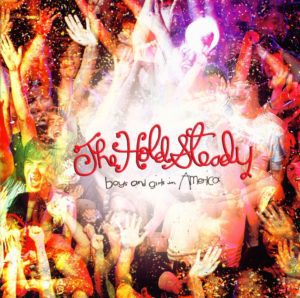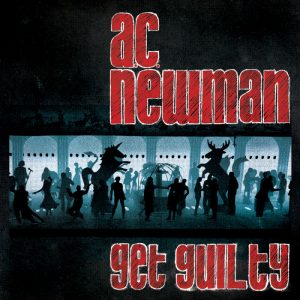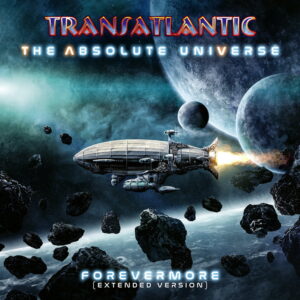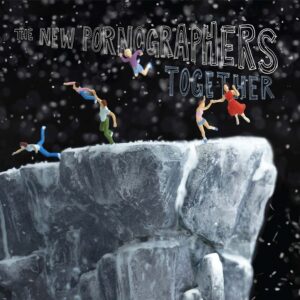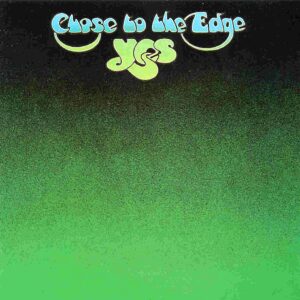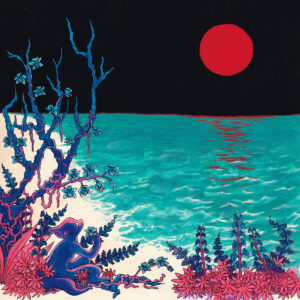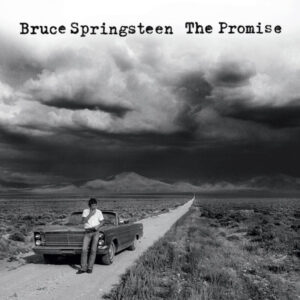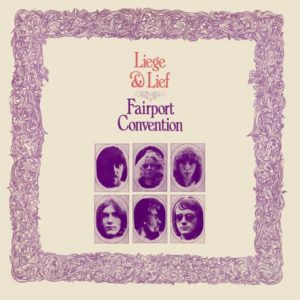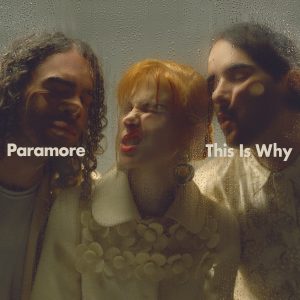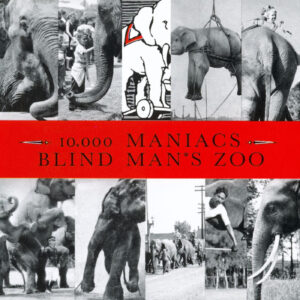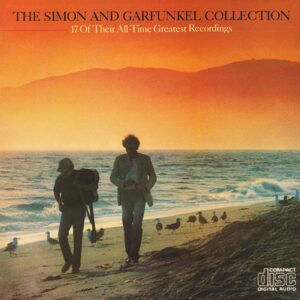
Mathangi “Maya” Arulpragasam was born in London but spent most of her childhood in Sri Lanka, where her father was a Tamil activist. She originally planned a career in the visual arts but pivoted to a music career after she made a documentary about Elastica and met electroclash artist Peaches.
Introduction
M.I.A.’s first two albums, 2005’s Arular and 2007’s Kala, made M.I.A. one of the most acclaimed artists of her generation. Her political background and her DIY sound made her hip hop appeal to rock fans – she sampled The Clash and the Pixies.
M.I.A. lost her way after her early classics – later albums were slicker and less inspired. She’s also become embroiled in controversies like a Superbowl halftime appearance and an embrace of Covid-19 and 5G conspiracy theories.
M.I.A. Album Reviews
Arular
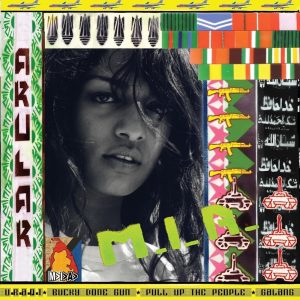
2005, 8/10
M.I.A.’s debut album is charmingly DIY – Radiohead’s Thom Yorke said that “it reminded him of “just picking up a guitar and [liking] the first three chords you write” as opposed to “agonizing over the hi-hat sound”. It was influenced by bands like The Clash and Britpop as well as by hip hop. M.I.A. created most of the music herself, using a Roland sequencer and drum machine given to her by Elastica’s Justine Frischmann. The record is named after the political code name used by her father, Arul Pragasam – she thought that naming the record after him would prompt him to contact her.
As a newcomer, M.I.A. was unable to convince other artists to guest on Arular and performed all the vocals herself. Outside producers like Diplo and Cavemen were brought in to bulk up M.I.A.’s base tracks, but it’s very much dominated by M.I.A.’s personality. She’s able to get political messages into accessible songs like ‘Sunshowers’ and ‘Amazon’, dropping lines such as “like PLO, I don’t surrender”. Normally skits are weak points on hip hop records, but M.I.A.’s are enjoyable, more like song sketches than dialogues.
I find the songwriting more consistent on follow-up Kala, but Arular is agreeably raw, alchemizing hip hop, punk, and world music into an enjoyable whole.
Kala

2007, 9/10
Kala was originally planned as a collaboration with Timbaland but fell through due to visa issues. If the Timbaland duet on the bland closing track ‘Come Around’ is any indication, it’s fortunate that he wasn’t more involved. Kala maintains some of the punk, D.I.Y. spirit of its predecessor – key tracks are based around Pixies and Clash samples – it’s even more notable for its embrace of world music. Bollywood strings and Australian didgeridoo give the album a unique flavour. Where Arular was named for M.I.A.’s father, Kala is named for her mother – M.I.A. described the record as “about my mum and her struggle–how do you work, feed your children, nurture them and give them the power of information?”
‘Paper Planes’ is simply the catchiest and most engaging song M.I.A. has released – built around a sample from The Clash’s ‘Straight to Hell’, it’s an instant classic. It’s fun when M.I.A. embraces world music – the Bollywood strings of ‘Jimmy’ and the Australian ‘Mango Pickle Down The River’, which samples Australian hip hop group The Wilcannia Mob are both memorable. M.I.A. melds Caribbean and subcontinental sounds on ‘Boyz’, while ’20 Dollar’ samples The Pixies’ ‘Where Is My Mind?’
Kala is a career-high for M.I.A. – she’d never sound so fresh and creative again.
ΛΛ Λ Y Λ

2010, 5.5/10
M.I.A. largely recorded MAYA in her home studio in L.A., after the birth of her son. Long time collaborator and former romantic partner Diplo was unable to work with her at her house; he said “her boyfriend really hates me”. MAYA lacks the vitality and exploratory nature of her first two albums. It’s largely themed around technology, and M.I.A. sounds isolated and dehumanised by the technology that she’s bemoaning. It was M.I.A.’s highest-charting record, but that’s more of a reflection on the acclaim of her two previous albums.
Without the world music influences, M.I.A. also sounds generic on tracks like ‘Steppin Up’ and ‘XXXO’. The abrasive synths often make for tough listening, although there’s stronger material near the tail of the record. ‘Born Free’ samples Suicide’s ‘Ghost Rider’, while the punkish guitar of ‘Meds and Feds’ recalls her earlier work.
MAYA is a letdown after two excellent records, both boringly generic and disagreeably abrasive.
Matangi
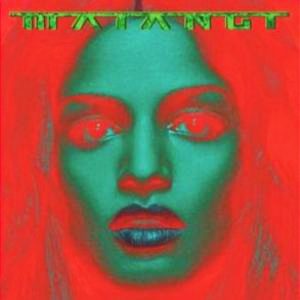
2013, 7/10
Disappointed by the reception and sales of MAYA, M.I.A. struggled with writer’s block. She eventually found inspiration in her namesake, the Hindu goddess Matangi. She worked with a variety of producers on Matangi – it’s slick and largely avoids political lyrics, but it does a better job of capturing her essence, with more sub-continental textures and more sass. It’s main issue is that it’s simply too long, running close to an hour.
Instead of politics, M.I.A. writes about sex on some of these tracks – it works for her on ‘Bad Girls’, with its Indian textures, as well as ‘Sexodus’, featuring a hook by The Weeknd and originally offered to Madonna. WikiLeaks founder Julian Assange reportedly contributed to ‘Atention’, while ‘Y.A.L.A.’, which stands for “You Always Live Again”, functions as an answer song to Drake’s 2011 hit ‘YOLO’.
Matangi needs a little trimming, but it’s an enjoyable rebound after the disappointing MAYA.
AIM

2016, 6/10
M.I.A.’s fifth studio album is her breeziest – a diverse array of tracks float by in under 40 minutes. It was recorded around the world, including Jamaica and India. AIM features guest appearances, with One Direction’s Zayn Malik on ‘Freedun’ and Jamaican dancehall singer Dexta Daps on ‘Foreign Friend’. AIM is fast-moving enough to be entertaining, but it also feels insubstantial outside a couple of key tracks.
Opener ‘Borders’ is simple yet effective, the verse powered by a refrain of “what’s up with that?” And closing ‘Survivor’ is surprisingly straightforward and as autobiographical as anything in M.I.A.’s catalogue. But elsewhere AIM feels below M.I.A.’s usual standard, even if it’s fun to hear her double-down on ornithological puns on ‘Bird Song’.
AIM has its moments, but it’s another M.I.A. album that fails to reach the heights of her early triumphs.
10 Best M.I.A. Songs
Paper Planes
Sun Showers
Jimmy
Amazon
Sexodus
Boyz
Bad Girls
Borders
Birdflu
Survivor
Return to 2000s Album Reviews…
Related Pages
About
Aphoristic Album Reviews is almost entirely written by one person. It features album reviews and blog posts across a growing spectrum of popular music.
Review Pages
Read about the discographies of musical acts from the 1960s to the present day. Browse this site's review archives or enjoy these random selections:
Blog Posts
I add new blog posts to this website every week. Browse the archives or enjoy these random selections:

